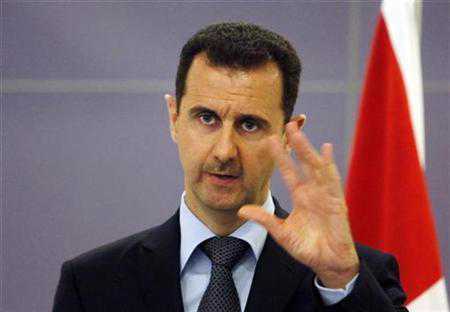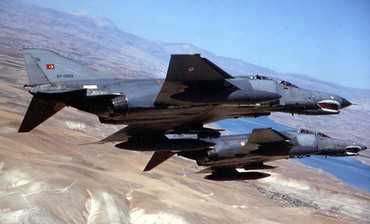Attn. Mr. Joshua M. Landis
University of Oklahoma
729 Elm Ave., Hester Hall 116
Norman, OK 73019
Mr. Joshua Landis;
I was shocked by your comments during the live program on Al Jazeera International channel at “Inside Syria” debate on 06 April 2013 Saturday evening as you have been saying “When opposition push in Damascus, Syrian army and government supporters and families will escape from Syria, like 3.000.000 Christians fled from Turkey after 1st World War”
Sir; First of all you have been talking about Syria, what made you comment about the ear after 1st World War? You could give a recent example to the case that was more relevant like Bosnia, like Iraq, like Kosova etc. where they had a civil war.
Let me remind you, it was not a civil war during 1914-1918 and after during 1918-1922.
Allied forces did occupy Turkey for 4 years right after 1st World War that led Turks to rage their Independence War and finally they expelled the occupiers from their land!
I want to know; were you talking about the so called Armenian claims during a civil unrest erupted during Ottoman era? If so that your claim was based on, it was the case which is still not proved and have been occurred during Ottomans before the 1st World War (so the word “Turkey” you used is wrong as well as timing that you have mentioned besides the number you have given).
If you were talking about 1.000.000-1.500.000 Armenians who had to leave Anatolia to southern territories of Ottomans (today’s Syrian & Lebanon) during 1st World War again cannot be the base for your claims as these Armenians did not escape, they have organized armed gangs called Tashnak Sutyun & Hinchak that were burning Turkish & Kurdish villages and killing the civilian Muslim population and acting as pathfinders and support units to Russians in occupied Eastern Anatolia that time, therefore the Armenians living in Eastern Anatolia (only) were forced to be re-located by the Ottoman government by the law called “Tehcir bill” to prevent Armenians aiding Russians to occupy Anatolia against Ottomans in another term basically in order to prevent Armenians from treason.
Or were you talking about the Rum “Greek” minority as they have been subject to a population exchange between Turkey and Greece according to an agreement that was reached between Turkey and Greece after Turkish Liberation War (after 1922) where millions of Turks had to leave Greece and come to Turkey while the same way the Greeks in Anatolia have left Turkey and went to Greece… This as well was not an escape.
So I wish you could explain me who was those 3.000.000 Christians escaping Turkey after 1st World War that you were talking about? When we look at above cases that I have referred to, none of them support you which proves that your comment was irrelevant and since you are a professor, you are not supposed to make your cases on irrelevances. That made me to think; that you are a big anti-Turkish for a reason and you are after fake slogans, lies and bias… If I am wrong please correct me. These are not the qualities of an academic person.
I strongly protest you for your false statements that you have delivered on above mentioned live TV program about Turkey and Turkish history, and hope that you go back to your books and search more about the recent history of Middle East – Turkey & Balkans after 1st World War era to refresh your mind and perhaps learn some true facts to not to make irrelevant, false and annoying comments again.
Regards,
Yusuf Ilker Karaaslan
T: +974 55688730
Doha-QATAR
PS:
Joshua M. Landis is Associate Professor and Director of the Center for Middle East Studies at the University of Oklahoma. He is a member of the Department of International and Area Studies in the College of International Studies. He is also the President of the Syrian Studies Association.






